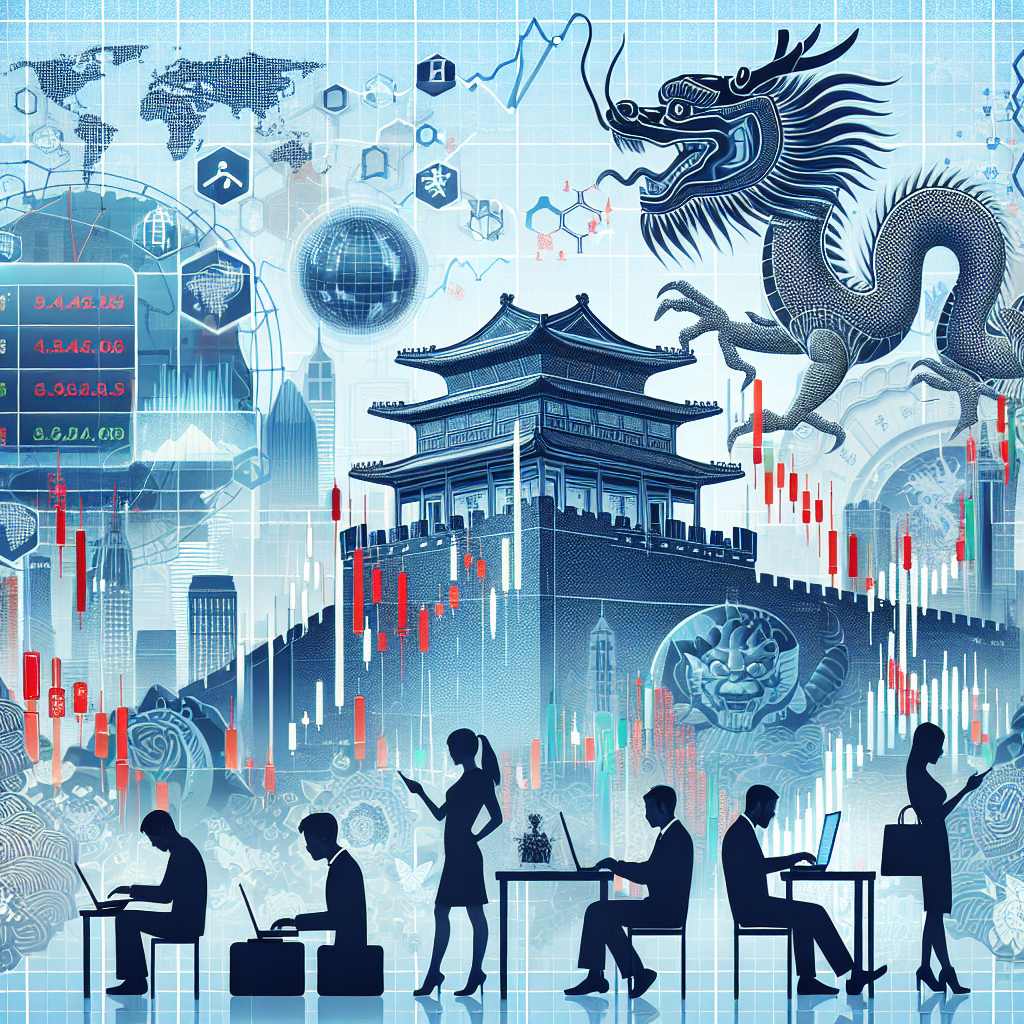Turbulent Times: Asian Stocks Slump Amid U.S.-China Tensions and Japanese Political Shifts
Asian stocks dropped as escalating U.S.-China tensions and uncertainty in Japan caused investor anxiety. MSCI's Asia-Pacific index fell 0.4%, with Hong Kong down 1.8%. South Korea's market rose 1.4%. Japan's political shifts and potential economic changes added to market volatility.

The Asian stock market took a hit on Friday due to growing economic tensions between the U.S. and China, alongside political uncertainties in Japan. Investor confidence waned as MSCI's broad index for Asia-Pacific shares outside Japan dropped by 0.4%, wiping out weekly gains accumulated earlier.
In Hong Kong, the market dipped 1.8%, and Australia saw a slight decline of 0.1%, attributed to unpredictable commodity markets. Meanwhile, South Korea defied the region's trend with a 1.4% increase, strengthening its status as the top performer. In Japan, the Nikkei index fell 1.0% post-reaching record highs, influenced by doubts over successor Sanae Takaichi's ability to replicate late-Prime Minister Shinzo Abe's economic policies.
Further complicating the scenario, Japan's Komeito party plans to exit the coalition with the ruling LDP, causing concern about policy continuation under new leadership. Analysts note Japan's inability to pursue aggressive policies due to lack of parliamentary majority, an independent central bank, and economic challenges like inflation.
(With inputs from agencies.)










